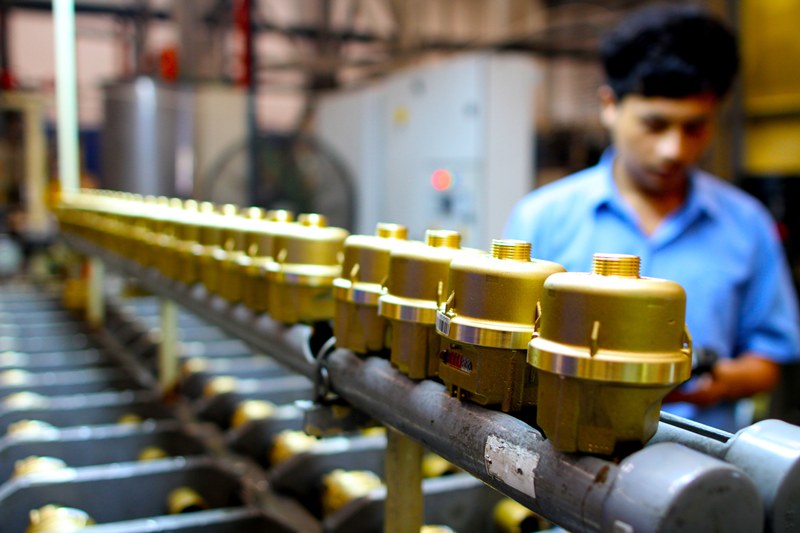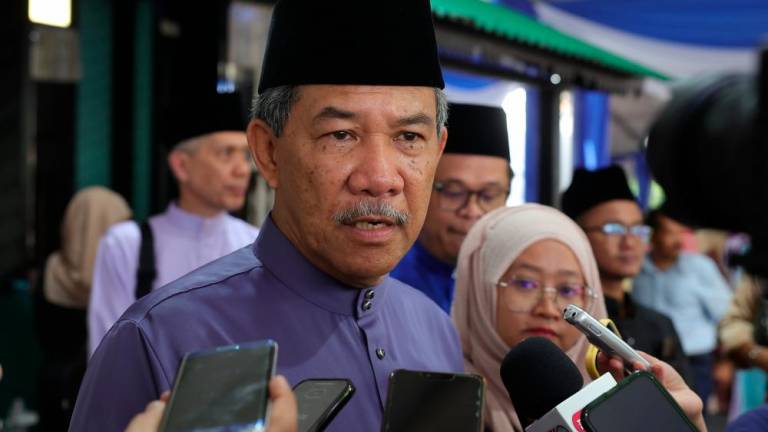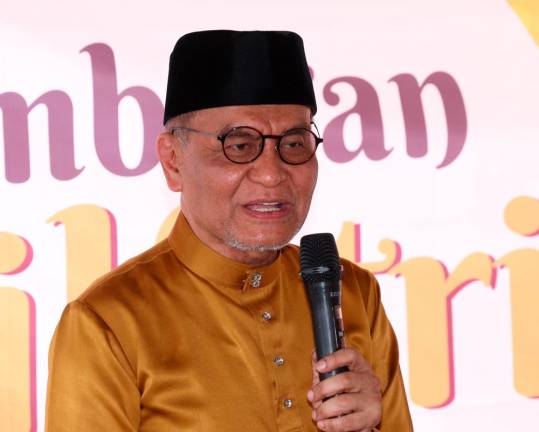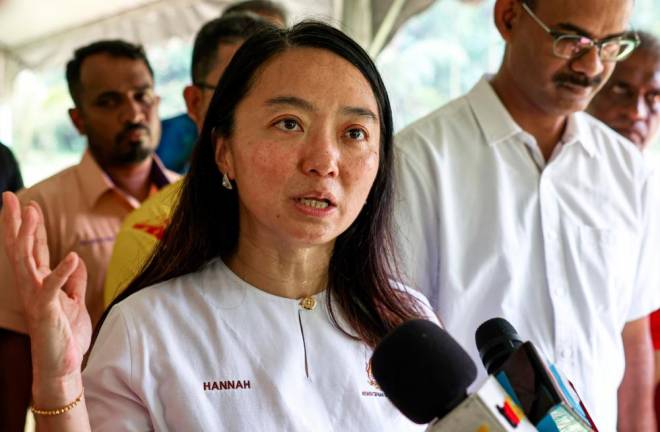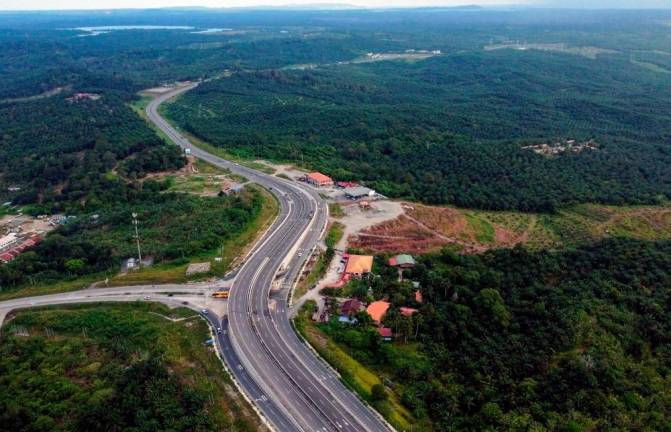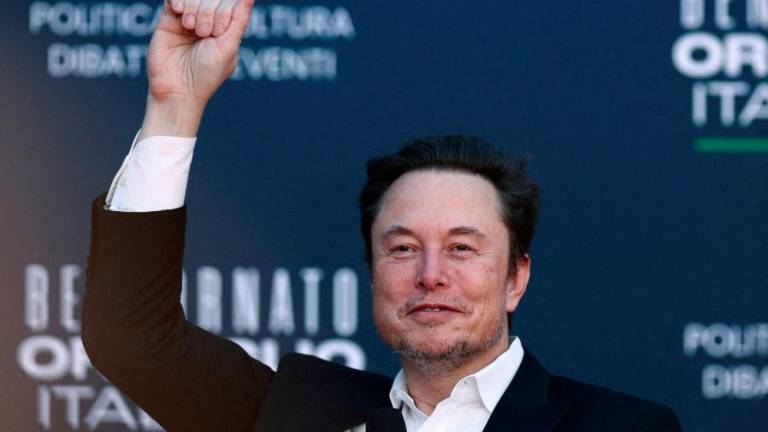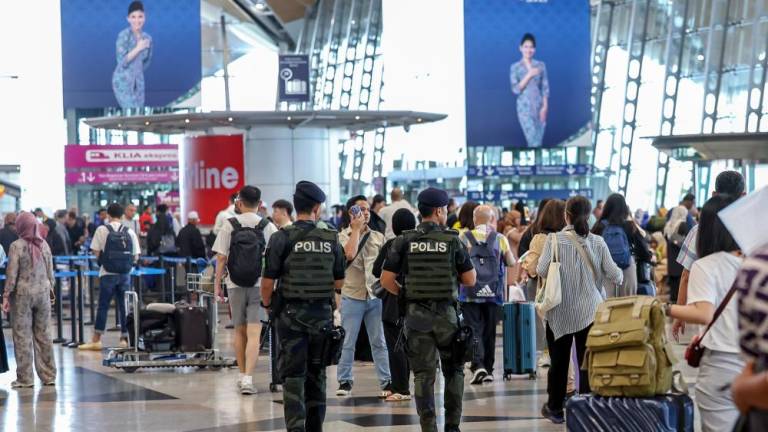PETALING JAYA: George Kent (Malaysia) Bhd reported a 50.1% decline in net profit to RM10.26 million for its third quarter ended Oct 31, 2019, from RM20.55 million reported in the corresponding period of the previous year attributed to substantially lower revenue and contribution from its engineering and construction divisions.
For the quarter, the group’s revenue fell by 29.6% to RM72.91 million from RM103.55 million reported previously.
George Kent declared a second interim dividend of 1 sen per share for FY2020, estimated to amount to RM5.37 million, which will be payable on Feb 5, 2020.
According to its Bursa disclosure, George Kent’s engineering segment reported a profit of RM8.87 million for the third quarter, a 64% decrease year-on-year (yoy) from RM24.83 million registered previously, due to the lower revenue contributions and gross profit margin posted in the current quarter.
Subsequently, the group’s metering business posted a 41% yoy decline in profits of RM5.97 million for the period from RM10.19 million registered previously, also affected by lower sales and gross profit margins.
Apart from the lower contribution from its engineering segment, George Kent also explained that the lower performance for the period was also due to lower unrealised gains on foreign exchange of RM1.27 million compared to RM2.84 million registered previously.
For the cumulative nine month period ended Oct 31, 2019 the group posted a net profits of RM34.82 million, a 47.8% decline from RM66.67 million reported previously also attributed to a lower revenue and contribution from its engineering division.
Revenue for the period stood at RM253.41 million, a 19.9% decline from RM316.25 million reported previously.
The group’s chairman Tan Sri Tan Kay Hock commented that the results are credible, in view of the substantially lower revenue and contribution from its engineering & construction division, which demonstrates George Kent’s robustness.
He highlighted that George Kent’s long-term licence agreement with Honeywell enables it to sell water meters to 15 new territories in Asia and granting it control over its component supply and production costs.
“The group’s proprietary Automated Meter Reading technology is being implemented through proof-of-concepts and pilot projects with state water authorities. These initiatives will help to enhance our profitability,” said Tan.
Furthermore, he also revealed that the group will accelerate growth by substantially increasing its investments in rail and water related projects through M&As and strategic partnerships.
“We continue to leverage on our expertise and experience as a rail systems integrator to actively pursue railway opportunities in the region,” he said.
The chairman also highlighted that it has enjoyed similar success with water infrastructure projects with over 30 projects under its belt in the last 26 years.
He said that the group is well-positioned to explore opportunities arising from the Malaysian government’s drive to resolve the country’s non-revenue water issue.



